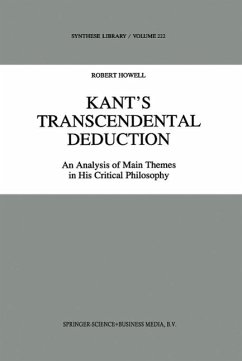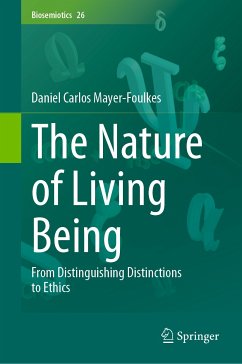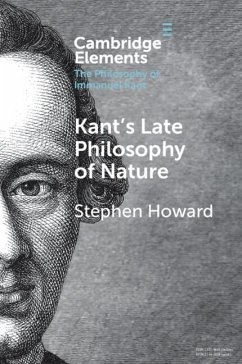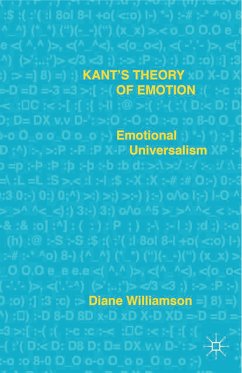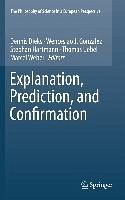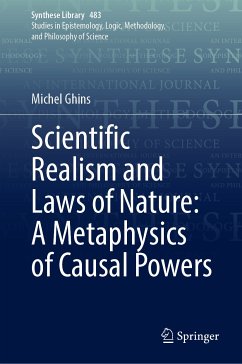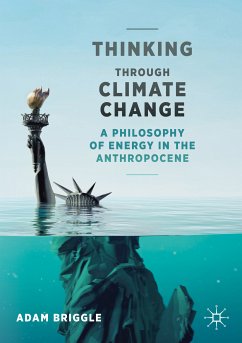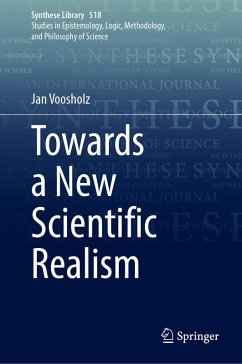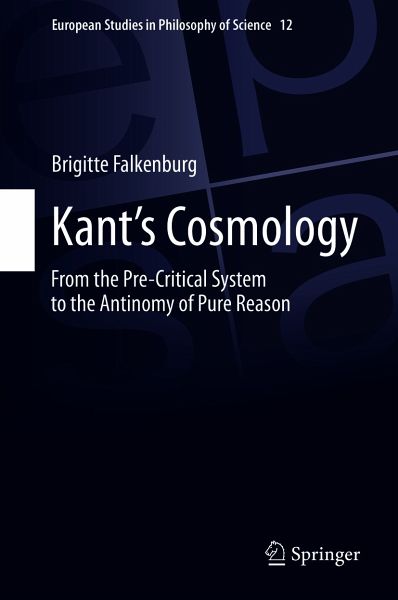
Kant's Cosmology (eBook, PDF)
From the Pre-Critical System to the Antinomy of Pure Reason
Versandkostenfrei!
Sofort per Download lieferbar
80,95 €
inkl. MwSt.
Weitere Ausgaben:

PAYBACK Punkte
40 °P sammeln!
This book provides a comprehensive account of Kant's development from the 1755/56 metaphysics to the cosmological antinomy of 1781. With the Theory of the Heavens (1755) and the Physical Monadology (1756), the young Kant had presented an ambitious approach to physical cosmology based on an atomistic theory of matter, which contributed to the foundations of an all-encompassing system of metaphysics. Why did he abandon this system in favor of his critical view that cosmology runs into an antinomy, according to the Critique of Pure Reason (CPR)? This book answers this question by focusing on Kant...
This book provides a comprehensive account of Kant's development from the 1755/56 metaphysics to the cosmological antinomy of 1781. With the Theory of the Heavens (1755) and the Physical Monadology (1756), the young Kant had presented an ambitious approach to physical cosmology based on an atomistic theory of matter, which contributed to the foundations of an all-encompassing system of metaphysics. Why did he abandon this system in favor of his critical view that cosmology runs into an antinomy, according to the Critique of Pure Reason (CPR)? This book answers this question by focusing on Kant's methodology and the internal problems of his 1755/56 theory of nature. A decisive role for Kant's critical turn plays the argument from incongruent counterparts (1768), which drew much attention among philosophers of science, though not sufficiently in Kant research. Furthermore, the book analyses the genesis of the cosmological antinomy in the 1770s, the logical structure of the antinomy in the CPR, its relation to transcendental idealism, as explained in the "experiment of pure reason" (1787), and its role for the teleology of human reason. The book is addressed to Kant scholars, philosophers of science, and students of Kant's philosophy.
Dieser Download kann aus rechtlichen Gründen nur mit Rechnungsadresse in A, B, BG, CY, CZ, D, DK, EW, E, FIN, F, GR, HR, H, IRL, I, LT, L, LR, M, NL, PL, P, R, S, SLO, SK ausgeliefert werden.




